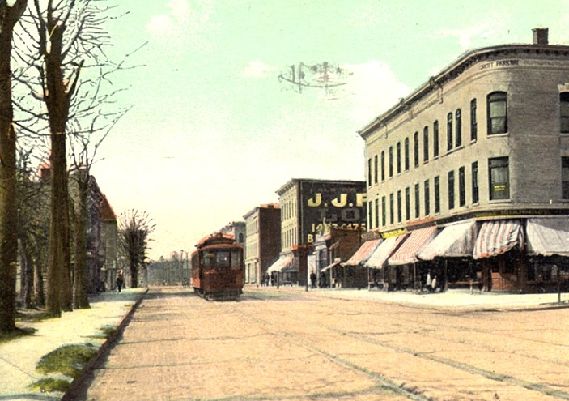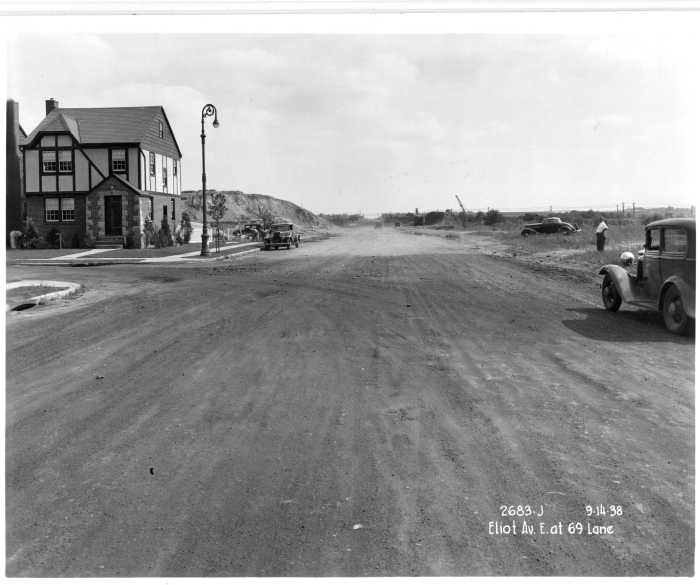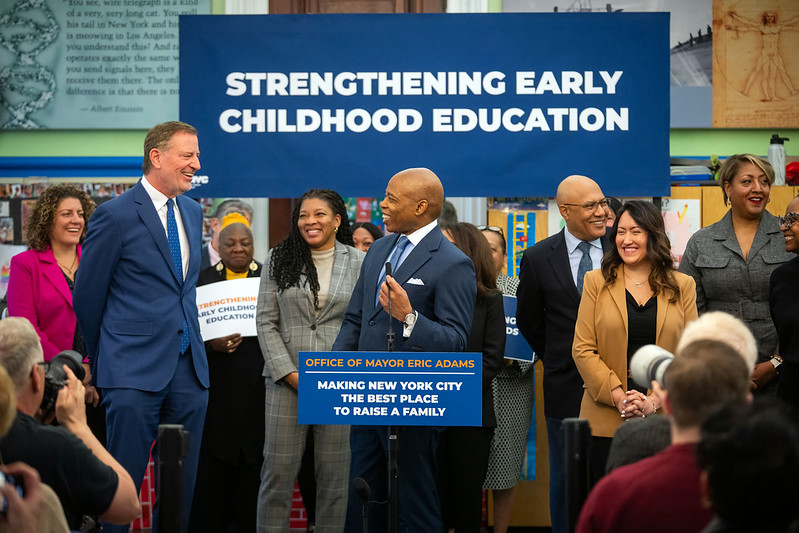World War II was just weeks from finally being won when, on April 12, 1945, the United States was shocked and saddened by an incomprehensible loss.
President Franklin D. Roosevelt died of a brain hemorrhage while on retreat in Warm Springs, Georgia. He was in just the first few months of his fourth term in office (no other president served that long), having led the nation out of the Great Depression and into World War II, where the Allied Powers were driving the forces of fascism and Nazism toward defeat across the globe. (Nazi Germany surrendered on May 8, and the Japanese empire was defeated in August.)
FDR, who was formerly governor of New York state, suffered from the ravages of polio and heart disease. Nonetheless, his death stunned the entire country and led to an outpouring of grief from coast to coast.
Memorial services were quickly scheduled in communities across the United States, including in Ridgewood, where a special tribute was held at Grover Cleveland High School on April 13, 1945.
The cover of the April 20, 1945 Ridgewood Times includes a picture of the late President Roosevelt and the full transcript of remarks by Dr. Charles Tonsor, then-principal of Grover Cleveland High School, who said of FDR, “The value of the life and achievements of a great man are determined not by ourselves but by posterity.”
As the Ridgewood Times reported…
“The entire student body and faculty gathered gathered for the service, conducted in the rear of the school. The school band played appropriate music while the several thousand boys and girls filed quietly and on the tennis courts area.
Scriptural passages were red by representatives of the Protestant, Hebrew and Roman Catholic faiths, Christine Antoni for the Luther Club, Felice Feller for the Menorah Club, Robert Mayer for the Newman Club and Santi Buscemi representing the school at large. The school chorus, directed by Miss Mary Brown, sang “God of Our Fathers,” “There is No Death” and “Faith of Our Fathers.”
On the platform were representatives of community organizations including Dr. Charles F. Rank, president, and Carl E. Clemens, executive secretary, of the Ridgewood Chamber of Commerce; Albert G. Baerenklau, president, and Louis Frisse and George Hirn of the Ridgewood Kiwanis Club; Henry Rauh, president, and Sol Kamin, secretary of the Ridgewood Lions Club; Herman Ringe Sr., vice president of Ridgewood Savings Bank; Joseph Schmidt, editor of Ridgewood Times.
What follows is an excerpt of Tonsor’s eulogy to the late president:
Often the greatest praise which is bestowed upon a great man comes from his critics. This was true in the case of Lincoln. No words were more appreciative of the man and his achievement than those of “Punch,” a British humorous publication, which while he was alive, was his severest critic.
It is also true in the case of President Roosevelt. Those who were most outspoken and persistent in their criticism recognize the inherent value and solidity of his achievement, and bear testimony thereto. I am frank to admit that I am one of those. …
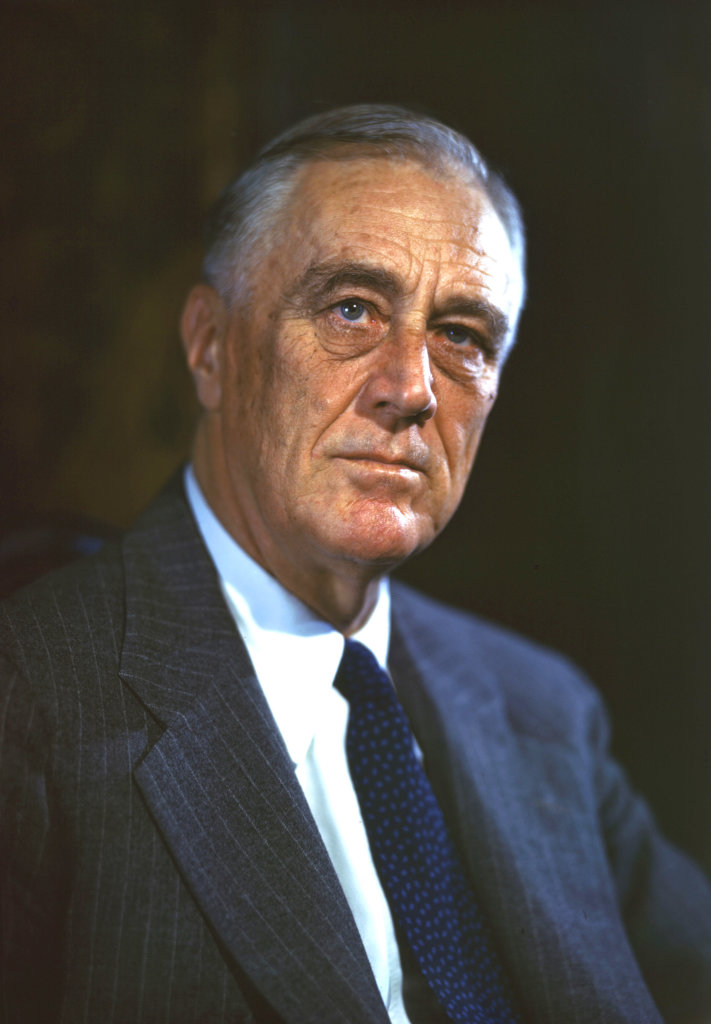
We are too close to the trees to see the woods. It is only as the passage of the years gives us detachment from the conflicting shadows of the present that we are able to see truly the life in its proper perspective. And yet we can dimly see what posterity may do. In the case of Franklin Delano Roosevelt, even now, three fundamental achievements stand forth with a considerable degree of clarity.
First, his demonstration that one who is afflicted with a physical handicap is afflicted only if he admits the affliction. … He conquered the frailties of the human body and showed us the power of an indomitable will. It is a lesson which all may well take to heart.
Second, he has reorientated our national thinking. This has been crystallized in the terms of the needs of the common man. He directed our attention away from its concentration upon the development of great economic units to a recognition of the fact that the existence of democracy depends upon the welfare of the ordinary citizen.
In doing this, he reaffirmed the fundamental philosophy upon which our government is based, once more calling our attention to the fact that the government is not an imposition upon their citizens or an organization of any particular group of citizens, but is an instrument of the expression of the will of all the citizens. …
Lastly, he brought into the hearts and minds of his fellow citizens the true nature of the conflict which had come upon the world; the truth that this was no ordinary disturbance of the peace; that like a volcano rumbling toward eruption, it would burst its bounds and flood the world with death and destruction.
He demonstrated clearly that this war was not so much a war between armed forces as it was a war between ideas, and that the two ideas which were in conflict could not exist side by side; that either one or the other must prevail; that we, as Americans devoted to the American concept of life, could not compromise, could accept no conditions; that the ultimate result must be either our victory through the unconditional surrender of the enemy, or our defeat if we failed to prosecute the conflict to the bitter end.
Insofar as we can detach ourselves from the present and view the achievements of one who lived in our time, these three achievements will be the foundation of the verdict which posterity will place upon the administration of Franklin Delano Roosevelt; and, insofar as we can foresee, they will be the reasons for why posterity will call him great.”
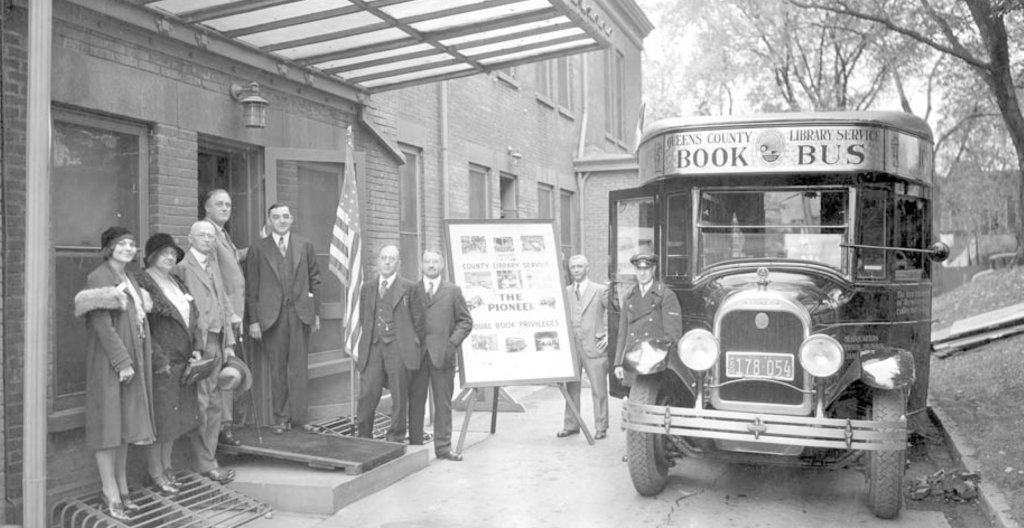
* * *
If you have any remembrances or old photographs of “Our Neighborhood: The Way It Was” that you would like to share with our readers, please write to the Old Timer, c/o Ridgewood Times, 38-15 Bell Blvd., Bayside, NY 11361, or send an email to editorial@ridgewoodtimes.com. Any print photographs mailed to us will be carefully returned to you upon request.



